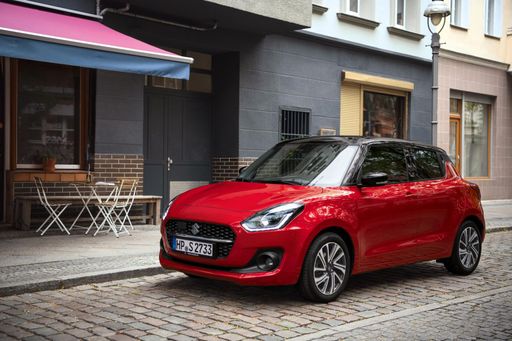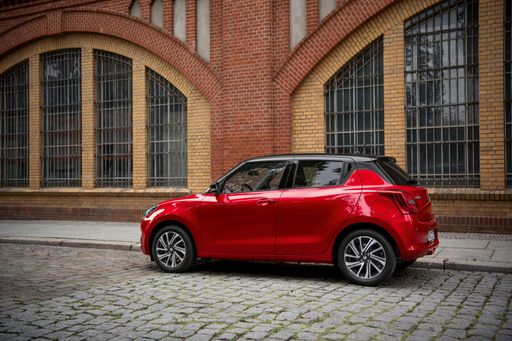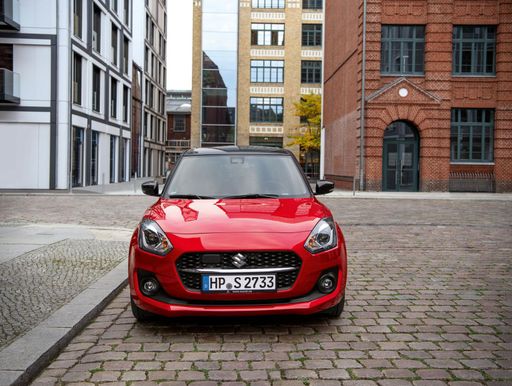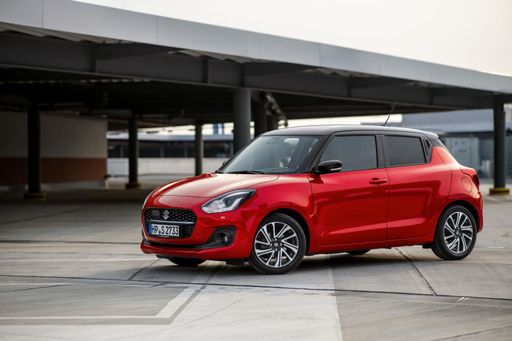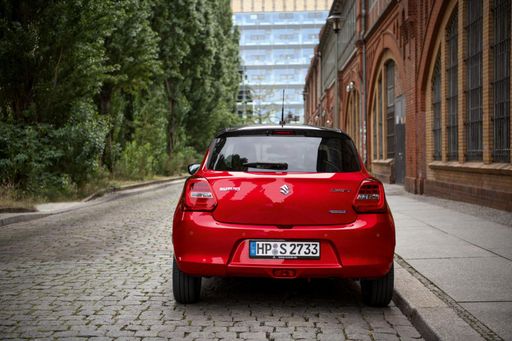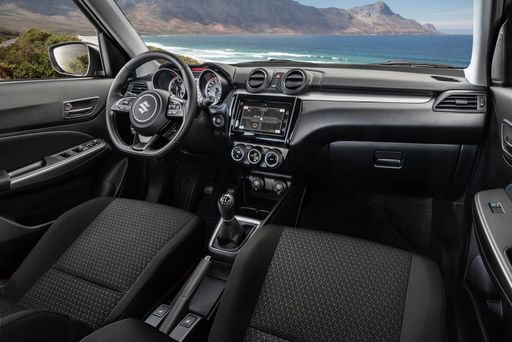A Clash of Hatchbacks: Hyundai i20 vs Suzuki Swift
In the ever-popular hatchback segment, the Hyundai i20 and Suzuki Swift stand out as contenders vying for the attention of urban drivers seeking agility, efficiency, and style. Both models have undergone recent updates for the 2024 model year, featuring interesting developments in performance and technology. Let's dive into a detailed comparison of these two city cruisers to help you make an informed choice.






